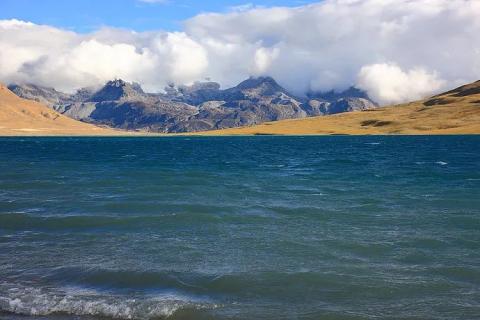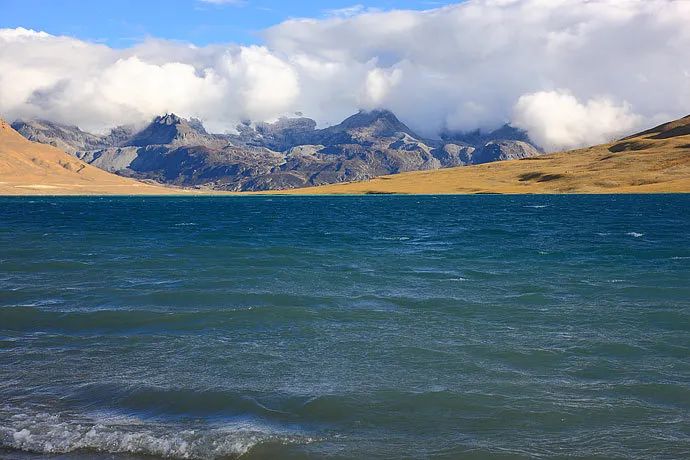

Encountering Tibet (Part 5)
Today, let’s talk about the issue that everyone is most concerned about, how to avoid high altitude sickness? How to overcome high reflex? How to deal with high fever?
I have talked about it many times in the previous push articles of "Linglan Xiaoyu", but there are still friends who are particularly worried and afraid of this issue, so I will briefly talk about it here.
First of all, we must have a correct understanding of high altitude sickness and be well aware of it. We have always said that altitude sickness is a normal physiological reaction of the human body when it is at a plateau. Most people will have more or less altitude sickness. Headache, dizziness, drowsiness, insomnia, vomiting, diarrhea, low-grade fever, etc. are all normal symptoms of altitude sickness. Generally, the symptoms will slowly disappear after a day or two. Therefore, you must overcome your fear, because there are too many statements about high-reaction on the Internet, which will make people who come to Tibet for the first time confused.
Again, I would like to suggest that: first, if you are worried about your physical condition before planning to enter Tibet, you can go to the hospital and listen to the doctor’s advice; second, don’t be too swayed by the various high-profile statements on the Internet; third, don’t leave before you go. You will be frightened by altitude sickness; fourth, if altitude sickness does occur, you must deal with it calmly.
High reflexes are not terrible. Tell yourself that this is normal. Most people are the same and will experience the same test of high reflexes. Relaxing your mind will help relieve high reflexes, so you should be calm and calm. To deal with it calmly, you must first overcome the fear psychologically, relax and don't have too much psychological burden.
Finally, I would like to suggest that everyone should not be too excited at the beginning of the journey and after arriving in Lhasa, and try to avoid strenuous exercise. After arriving in Lhasa, it is best to arrange for half a day to rest and recuperate. Pay attention to rest, drink more water, and exercise less. It is best not to take a shower to avoid catching a cold.
If hyperreflexia occurs, first of all, do not take medicine randomly. On the one hand, do not panic. Closely observe your body changes. (You can also check the blood oxygen concentration. Ask nearby hotels, B&Bs or inns. Generally, blood oxygen levels are available. instrument and thermometer), and go to the nearest low-altitude area to rest as soon as possible.
If it is not serious, you can stay in bed temporarily without going to the hospital. If you continue to experience severe physical discomfort or continuous fever, accompanied by symptoms such as drowsiness, confusion, unbalanced walking, etc., please do not carry on any more, and do not take medicine at will. You need to go to the nearest regular hospital for medical treatment immediately to avoid delays. treatment.
In addition, it is recommended that if severe altitude sickness occurs, you must seek medical advice in time, follow the doctor's advice, and immediately descend from the plateau to a lower altitude area (generally altitude sickness can heal on its own), and do not insist on staying on the plateau. Your health and safety are the most important thing.
I wish all readers a happy journey and life!

